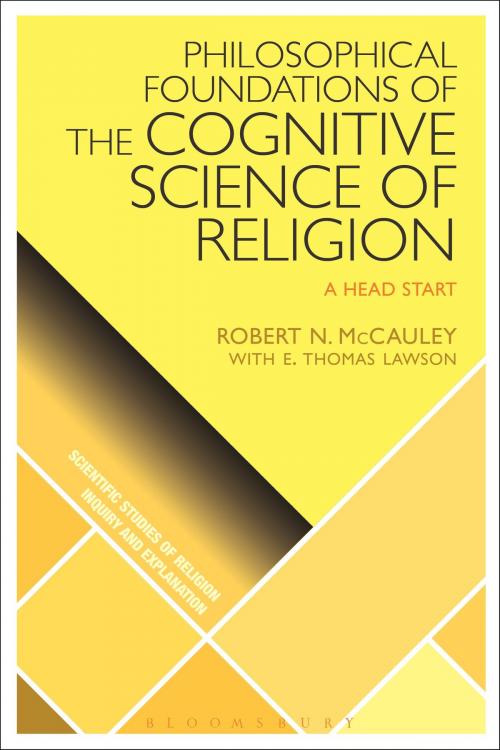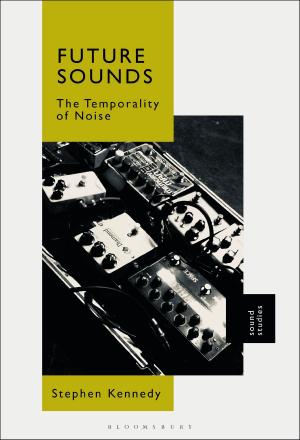Philosophical Foundations of the Cognitive Science of Religion
A Head Start
Nonfiction, Religion & Spirituality, Reference, Comparative Religion, Health & Well Being, Psychology, Cognitive Psychology| Author: | Robert N. McCauley, E. Thomas Lawson | ISBN: | 9781350030336 |
| Publisher: | Bloomsbury Publishing | Publication: | September 7, 2017 |
| Imprint: | Bloomsbury Academic | Language: | English |
| Author: | Robert N. McCauley, E. Thomas Lawson |
| ISBN: | 9781350030336 |
| Publisher: | Bloomsbury Publishing |
| Publication: | September 7, 2017 |
| Imprint: | Bloomsbury Academic |
| Language: | English |
Robert N. McCauley and E. Thomas Lawson are considered the founders of the field of the cognitive science of religion. Since its inception over twenty years ago, the cognitive science of religion has raised questions about the philosophical foundations and implications of such a scientific approach. This volume from McCauley, including chapters co-authored by Lawson, is the first book-length project to focus on such questions, resulting in a compelling volume that addresses fundamental questions that any scholar of religion should ask.
The essays collected in this volume are those that initially defined this scientific field for the study of religion. These essays deal with issues of methodology, reductionism, resistance to the scientific study of religion, and other criticisms that have been lodged against the cognitive science of religion. The new final chapter sees McCauley reflect on developments in this field since its founding.
Tackling these debates head on and in one place for the first time, this volume belongs on the shelf of every researcher interested in this now established approach to the study of religion within a range of disciplines, including religious studies, philosophy, anthropology and the psychology of religion.
Robert N. McCauley and E. Thomas Lawson are considered the founders of the field of the cognitive science of religion. Since its inception over twenty years ago, the cognitive science of religion has raised questions about the philosophical foundations and implications of such a scientific approach. This volume from McCauley, including chapters co-authored by Lawson, is the first book-length project to focus on such questions, resulting in a compelling volume that addresses fundamental questions that any scholar of religion should ask.
The essays collected in this volume are those that initially defined this scientific field for the study of religion. These essays deal with issues of methodology, reductionism, resistance to the scientific study of religion, and other criticisms that have been lodged against the cognitive science of religion. The new final chapter sees McCauley reflect on developments in this field since its founding.
Tackling these debates head on and in one place for the first time, this volume belongs on the shelf of every researcher interested in this now established approach to the study of religion within a range of disciplines, including religious studies, philosophy, anthropology and the psychology of religion.















